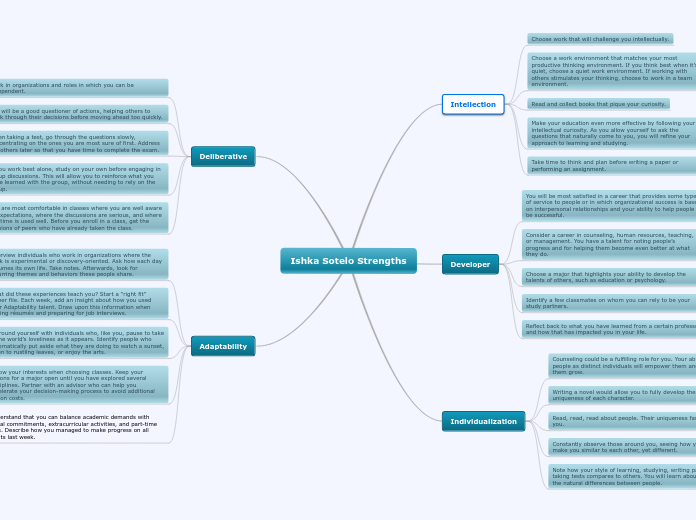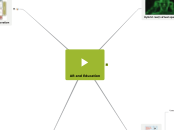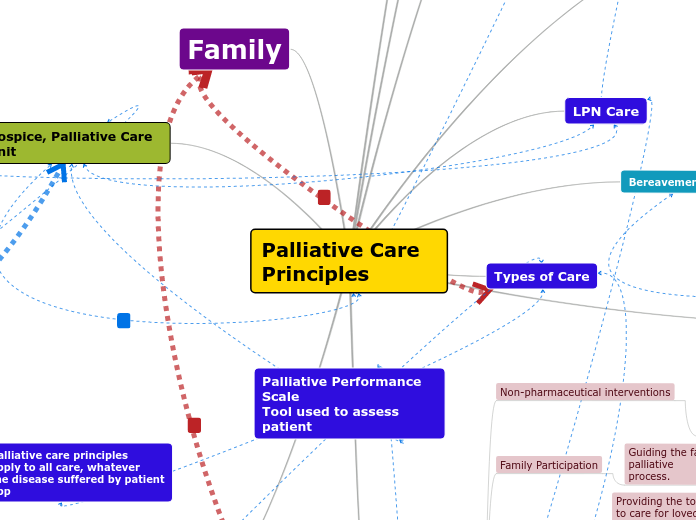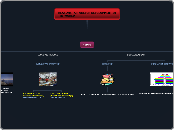por Ishka Sotelo 5 anos atrás
259
Ishka Sotelo Strengths
Emphasizing independent work and thorough preparation, this profile highlights key strengths such as deliberative thinking, individualization, and the ability to develop others. It suggests that the individual thrives in environments with clear expectations and serious discussions, where they can meticulously consider each step before proceeding.









